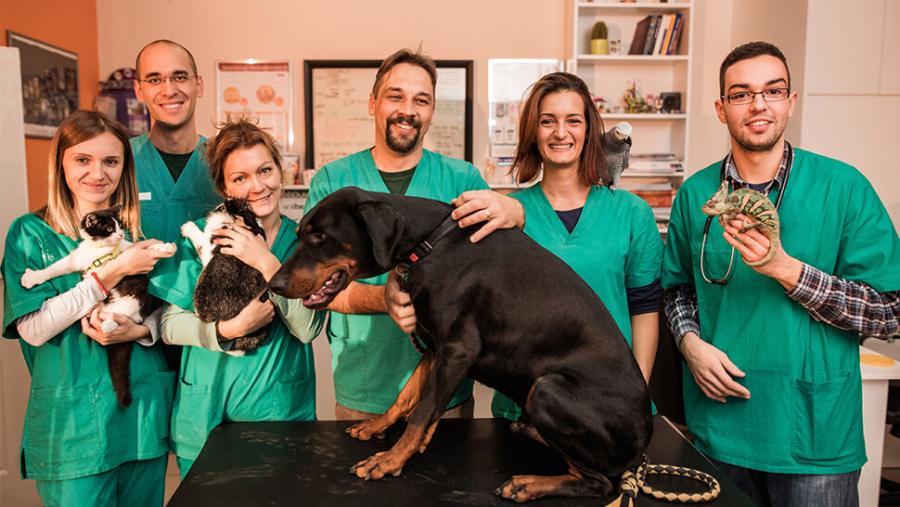

Now is the time for vets to focus on staff retention as the possibility of a no-deal Brexit appears to loom large. With veterinary practices employing many veterinary surgeons from overseas, largely from the EU, practices need to act now to keep key staff. Failing to do so could risk significant staff shortages, and resultant loss in practice revenue.
With recent good news that the Migration Advisory Committee accepted the joint submission by the RCVS and BVA calling for vets to be added to the Shortage Occupation List, EU national vets would face fewer barriers to coming to the UK to live and work. Tier 2 visas may now be more available, at a time when the profession faces the huge risk of losing highly skilled workers.
The decision was hailed as a success by Amanda Boag, outgoing president of the Royal College of Veterinary Surgeons. She has also cited the invaluable work by vets from outside the UK in maintaining public health, saying that any proposal to remove those roles from abattoirs or to fill them with less-qualified people would pose “risks for animal health and welfare, but also public health risks as well if you had untrained or less well-trained individuals doing that work.”
It is crucial to think ahead and put measures in place before Brexit – EU nationals should consider applying for settled status and pre-settled status, depending on how long they have lived here.
They will have until 19 June 2021 if there is a deal or 30 December 2020 if there is no deal to apply for these – those who have lived here for five years or more can apply to remain indefinitely in the UK (settled status). Those who have lived here less than five years can be granted a limited visa to bring their residence up to five years (pre-settled status), and can then apply for permanent residence to stay indefinitely in the UK once they have been in the UK for five years.
Practices too must act – as well as supporting employees with the application process, they could also consider applying for a Tier 2 sponsor licence to employ non-EU migrants.










